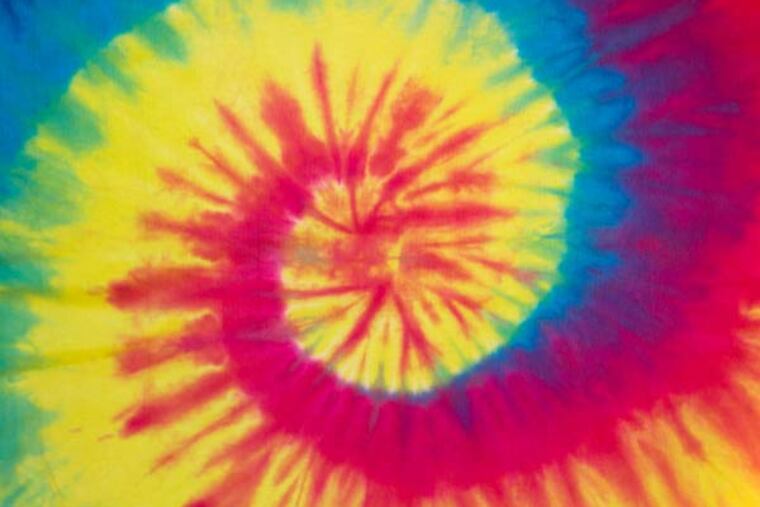An agitated, delirious, flailing Grateful Dead fan
As the morning paper stated, the Grateful Dead were about to perform an eagerly awaited concert that night. For some Grateful Dead aficionados, a little LSD is often taken before the concert. So the local physicians were all prepared for an onslaught of concertgoers high on LSD.

As the morning paper stated, the Grateful Dead were about to perform an eagerly awaited concert that night. For some Grateful Dead aficionados, a little LSD is often taken before the concert. So the local physicians were all prepared for an onslaught of concertgoers high on LSD.
The local poison control center reported the facts to the local media that LSD is a common drug, readily obtained, and it produces agitation, confusion, bizarre movements, hallucinations, and sometimes violence.
The end result is often an uncontrollable patient who remembers nothing once he or she wakes up. Hospital labs are, however, unable to confirm LSD in the blood. With that in mind, the local emergency departments were on full alert.
Shortly after the concert began, the paramedics came rushing into the emergency department, patient in tow, stating: "Here is your first LSD overdose, doc - we will probably be back with more soon."
They dropped off a man in his 20s who was agitated, confused, delirious, flailing around, sweating, and totally unable to communicate.
He presented with the typical LSD symptoms. The medical staff went to work. The young man appeared amazingly strong, often the case with hallucinogens, and he was totally incoherent and markedly agitated.
It was impossible to converse with him, and it took four doctors to subdue him. The team applied soft restraints and assessed the situation.
It is axiomatic that a wildly agitated, violent patient should be sedated to protect both the patient and the medical staff. So it was decided to administer Haldol and Valium, two common but potent sedatives often used in the emergency department.
After taking the medications, the patient was calm, lying still, and the cardiac monitor showed a stable tracing. Basic blood work was sent off to the lab, but the doctors were fairly sure that they had quickly gained control of an LSD delirium. The department prepared for more Grateful Dead fans, similarly intoxicated.
Solution
A medical toxicologist was consulted to further evaluate the patient. The toxicologist felt that the man's symptoms were consistent with an LSD overdose, and it was the most likely diagnosis based on the history and current events.
The doctor also interviewed the man's girlfriend, who had just come to the ER waiting room to see the patient. She was carrying a newly purchased cheeseburger, french fries, and a milkshake, which she brought to the ER to feed her boyfriend.
When questioned by the doctor, she repeatedly denied that they had done any drugs, and said they were law-abiding citizens in search of a musical evening.
Although they were staunch Grateful Dead fans, they had never done LSD or any other hallucinogenic drugs. The physician remained skeptical, however, since denial of illegal drug use is common.
The toxicologist was still not convinced, and was trying to explain to her that they would not call the police or his parents, but he just needed to know basic facts.
While still getting nowhere, a nurse tapped him on the shoulder and handed him the young man's blood tests from the laboratory. The test revealed a very low glucose (blood sugar) level, almost undetectable.
Termed hypoglycemia, a low glucose level can cause the symptoms just as seen in the young man. The medical staff quickly administered the requisite amount of glucose intravenously.
When test results were given to the girlfriend, she did relate that he was a diabetic taking insulin, and had become dizzy and sweaty while waiting in line at the concert, hence her trip to McDonald's.
About 12 hours later, when the sedatives wore off, the patient was back to normal and did not remember a thing about the incident other than waiting in line.
Fortunately, the laboratory test came back quickly and the patient did not suffer any adverse effects. As a general rule, any patient with altered mental status should be screened for low blood sugar as the cause. In this case, there was no reason to suspect hypoglycemia, and the patient's agitation, confusion, bizarre movements, and hallucinations fit the clinical symptoms of an LSD overdose.
Fortunately, the patient was treated quickly enough to avoid any permanent complications.